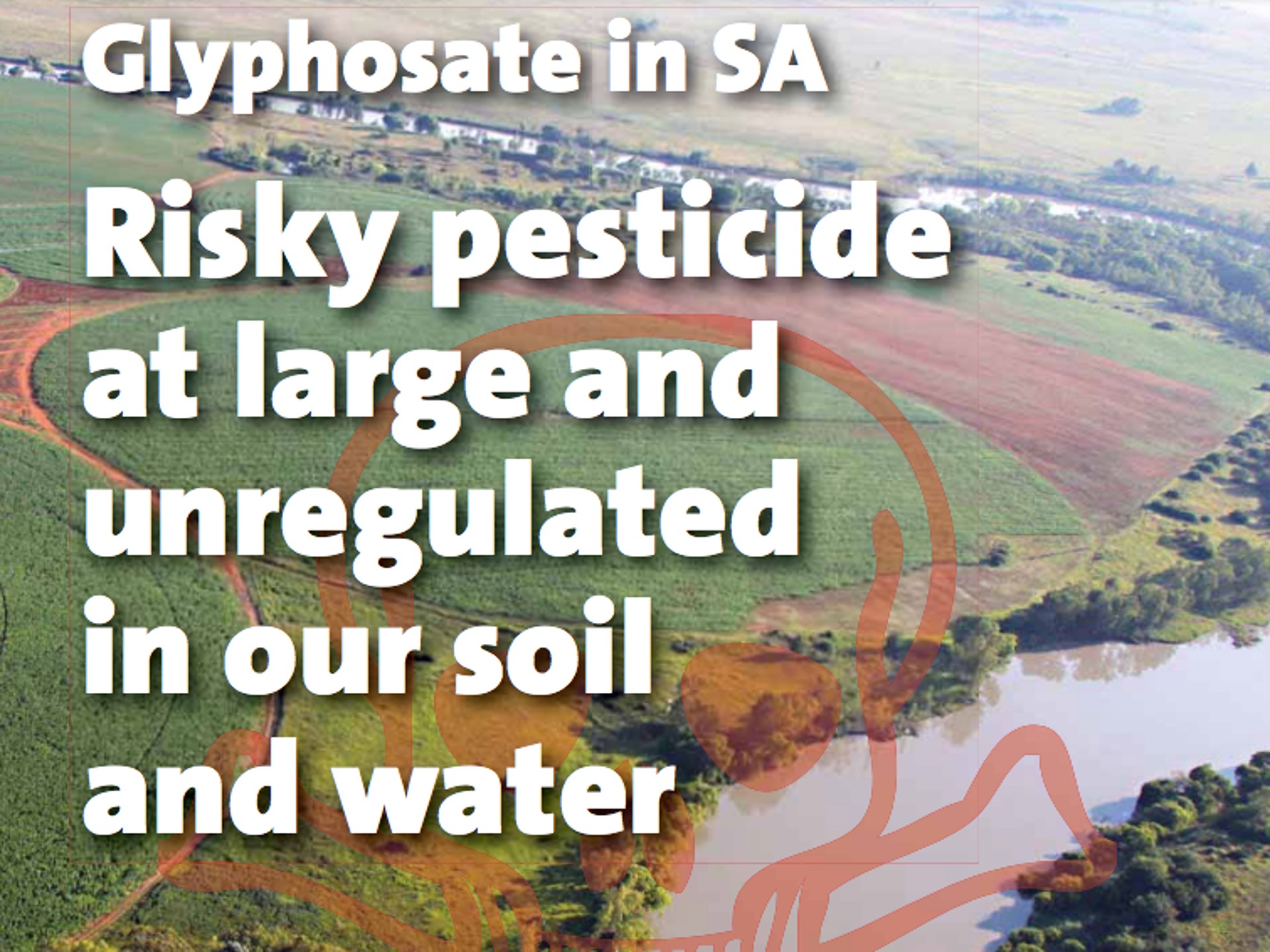Latest Resources

17 March 2015
Nuanced rhetoric and the path to poverty: AGRA, small-scale farmers, and seed and soil fertility ...
The report indicates a well-coordinated effort by selected states especially the US and in the EU, philanthropic institutions like AGRA, multilateral institutions like the World Bank, donors and multinational corporations (MNCs) including Yara, Monsanto and Pioneer to construct a Green Revolution that aims to produce a layer of commercial surplus producers. This is an explicit […]

6 October 2014
Running to Stand Still: Small-Scale Farmers and the Green Revolution in Malawi
According to ACB lead researcher, Dr Stephen Greenberg, “small-scale farmers are using shockingly high levels of synthetic fertilisers at great financial costs to themselves and the public purse. Rising soil infertility is a feature of farming systems reliant on synthetic fertiliser. We found that farmers are increasingly adopting hybrid maize seed, encouraged by government subsidies […]

15 September 2014
The political economy of Africa’s burgeoning chemical fertiliser rush
The African Centre for Biosafety has today released an in-depth report, The Political Economy of Africa’s burgeoning chemical fertiliser rush, which looks at the role of fertiliser in the Green Revolution push in Africa, some of the key present and future fertiliser trends on the continent and the major players involved in this. The value […]

16 June 2014
Slavishly following UPOV 1991: A critique of Mozambique’s PVP law
In this report, the ACB provides a critique of the Mozambique PVP law and concludes that the government of Mozambique has turned a blind eye to its small-scale farmers and their seed and farming systems. The provisions dealing with the exclusive rights granted to plant breeders and the exceptions to those rights render the centuries-old […]

20 May 2014
Below the belt, below the breadline – South Africa’s inequitable and GM contaminated ...
The African Centre for Biosafety (ACB) has today brought into sharp focus the white bread industry in South Africa with the release of its new report “GM Contamination, Cartels and Collusion in South Africa’s Bread Industry.’ The report shows that the white bread tested contains high levels of Monsanto’s genetically modified (GM) soya in the […]

23 October 2013
Africa bullied to grow defective BT Maize: the failure of Monsanto’s M810 maize in South Af...
The African Centre for Biosafety (ACB) has released a new report ‘Africa bullied to grow defective Bt Maize: the failure of Monsanto’s MON810 maize in South Africa,’ showing how Monsanto’s GM maize which utterly failed in SA, is now being foisted on the rest of the continent, through ‘sleight of hand.’ Read here.

23 November 2012
Harmonisation of Africa’s seeds laws: a recipe for disaster
The core of the paper is focused on the pressures being exerted on African governments to adopt the 1991 Act of the International Union for the Protection of Plant Varieties (UPOV), particularly through regional harmonisation of plant variety protection (PVP) policies and laws. We also discuss the adverse impacts PVP laws will have on the […]

8 October 2012
Glyphosate in SA: Risky pesticide at large and unregulated in our soil and water
The research shows that although glyphosate (a weed killer) is ubiquitous throughout South African agriculture, it poses many environmental risks and yet there is precious little research done to monitor and manage its environmental impacts. Read more here.

15 September 2012
Alliance for a Green Revolution in Africa (AGRA): laying the groundwork for the commercialisation...
We consider AGRA’s broad philosophy and structure, focusing on AGRA’s own views or those of its consultants, before turning to a more detailed consideration of its specific work in the Programme for Africa’s Seed Systems (PASS) and, in slightly less detail, its Soil Health Programme (SHP). These programmes are inseparable because seed and soil fertility […]

9 May 2011
Critique of SANBI’s Studies on Monsanto’s MON 810
During early in 2011, the South African National Biodiversity Institute (SANBI) published a report titled, Monitoring the Environmental Impacts of GM Maize in South Africa. The report was a culmination of a study by the Environmental Biosafety Cooperation Project (EBCP) aimed at developing a framework for monitoring of insect resistant maize, Mon810, belonging to Monsanto. […]
